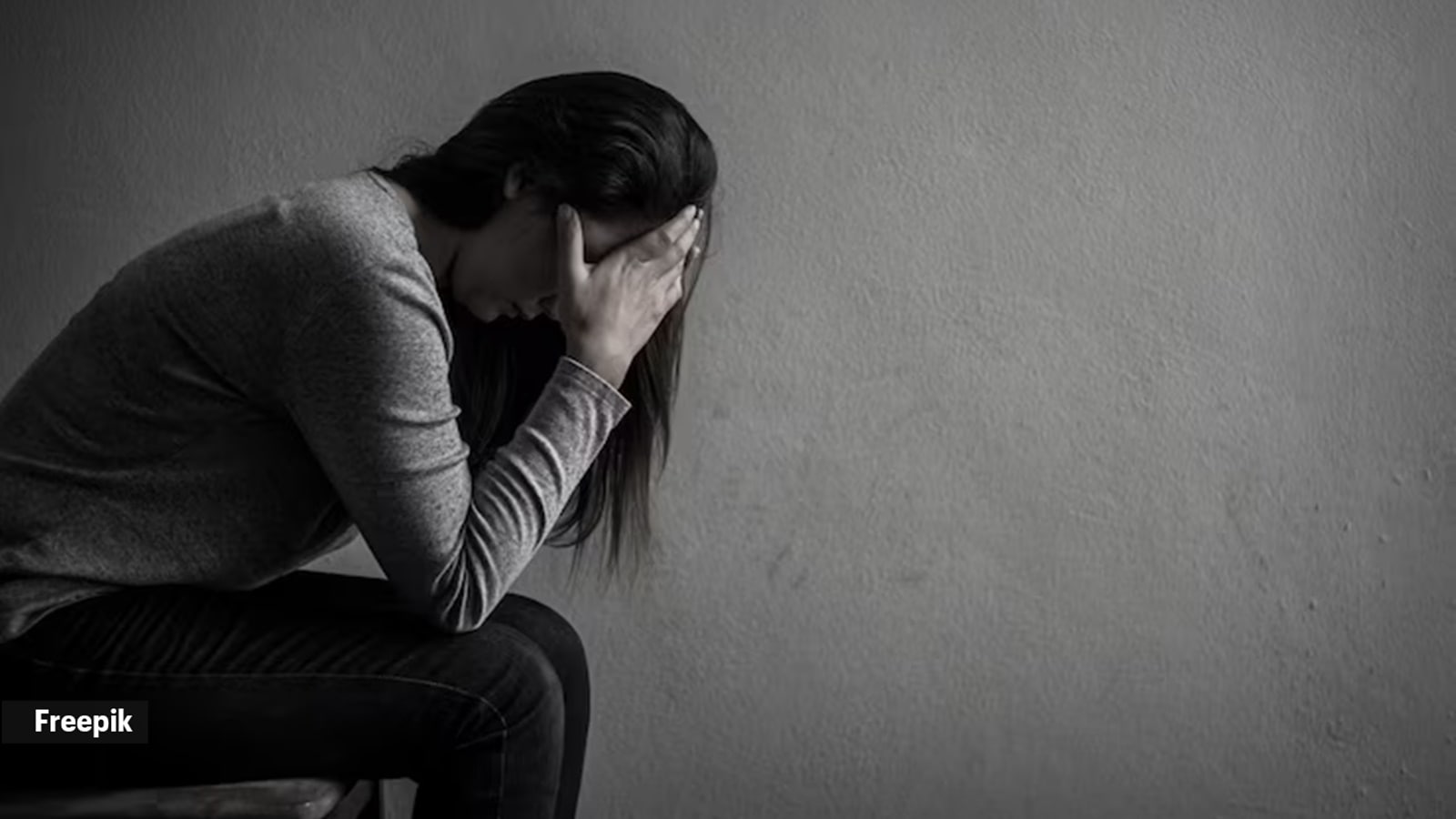Dimple Kapadia once revealed that during her marriage to Rajesh Khanna, she “never got a word of praise” from him, despite dedicating all her energy to meeting his expectations.
Khanna, who was one of the most sought-after stars in Bollywood back in the 60s and 70s, married Kapadia when she was just a teenager. The couple split in the early 80s after their daughters Twinkle and Rinke were born.
In an interview with Screen magazine in 1987, Kapadia reflected on her relationship with a man twice her age, revealing that the superstar was aware of the admiration she had for him.
She said, “Everywhere I went, I was told that I was the most gorgeous woman in the world. But I never got a word of praise from him. It was as if he hadn’t noticed me.”
She went on to add, “I was always waiting for some reaction, but it never came. All my energy was spent in doing what he wanted and anticipating his approval. It was like climbing a ladder. No matter how fast I climbed, he was still many rungs ahead.”

Positive reinforcement and appreciation are crucial aspects of relationships. When one partner constantly feels unrecognized or unappreciated, it can lead to deep-seated feelings of inadequacy and emotional disconnect, undermining the foundation of the relationship.
Rhea Joseph, consultant psychiatric social worker and relationship counselor at Cadabams Hospitals, tells indianexpress.com, “When individuals feel valued and acknowledged, they experience a boost in self-esteem and are more likely to maintain healthy emotional ties with their partner. However, the absence of positive reinforcement can lead to significant psychological impacts, creating feelings of inadequacy and emotional disconnect.”
Absence of positive reinforcement and its effects on self-esteem and emotional well-being
Joseph says, “Without reinforcement, individuals may begin to doubt their value, both within the relationship and in their lives more broadly. Feeling unseen or unappreciated often leads to a gradual erosion of self-worth. This can be particularly damaging in relationships where one partner is consistently striving to meet the other’s needs without receiving validation or praise in return.”
Positive reinforcement in relationships serves as a means of emotional bonding, she adds. When a partner doesn’t express appreciation, the person on the receiving end may feel disconnected or emotionally isolated. Over time, this emotional neglect can foster resentment, creating distance in the relationship.
 When someone feels undervalued, they might constantly overextend themselves in hopes of finally receiving validation from their partner. This constant striving can lead to chronic stress and anxiety, (Source: Freepik)
When someone feels undervalued, they might constantly overextend themselves in hopes of finally receiving validation from their partner. This constant striving can lead to chronic stress and anxiety, (Source: Freepik)
Psychological impact of feeling unappreciated or undervalued
Constantly feeling unappreciated or undervalued can have deep psychological ramifications, informs Joseph. Individuals in such situations may experience:
Chronic Stress and Anxiety
When someone feels undervalued, they might constantly overextend themselves in hopes of finally receiving validation from their partner. This constant striving can lead to chronic stress and anxietyas they may feel they are never good enough, no matter how much they give.
Depression
Feelings of being unappreciated can contribute to depression. Without positive reinforcement, individuals may become despondent, feeling hopeless about the future of the relationship. They might start to believe that their efforts are meaningless, leading to a pervasive sense of sadness and low motivation.
Increased Resentment
Over time, the emotional toll of being unappreciated can breed resentment. This resentment can create a toxic cycle where the individual begins to withdraw emotionally from the relationship, either as a form of self-protection or as an unconscious way of punishing their partner.
How can couples cultivate a habit of expressing appreciation?
Joseph says, “Building a habit of expressing appreciation is essential for nurturing emotional bonds in a relationship.”
It’s important for partners to express their appreciation verbally and be specific about what they are grateful forshe states.
Incorporating appreciation into everyday routines can help solidify it as a habit. This could be as simple as thanking each other for small tasks or acknowledging each other’s contributions, whether through words or gestures like a hug or a kind note.
She continues, “Appreciation doesn’t always have to be verbal. Small acts of kindness—like making your partner’s favorite meal, surprising them with something they love, or doing a chore they dislike—can serve as non-verbal cues of gratitude and help strengthen the bond.”
